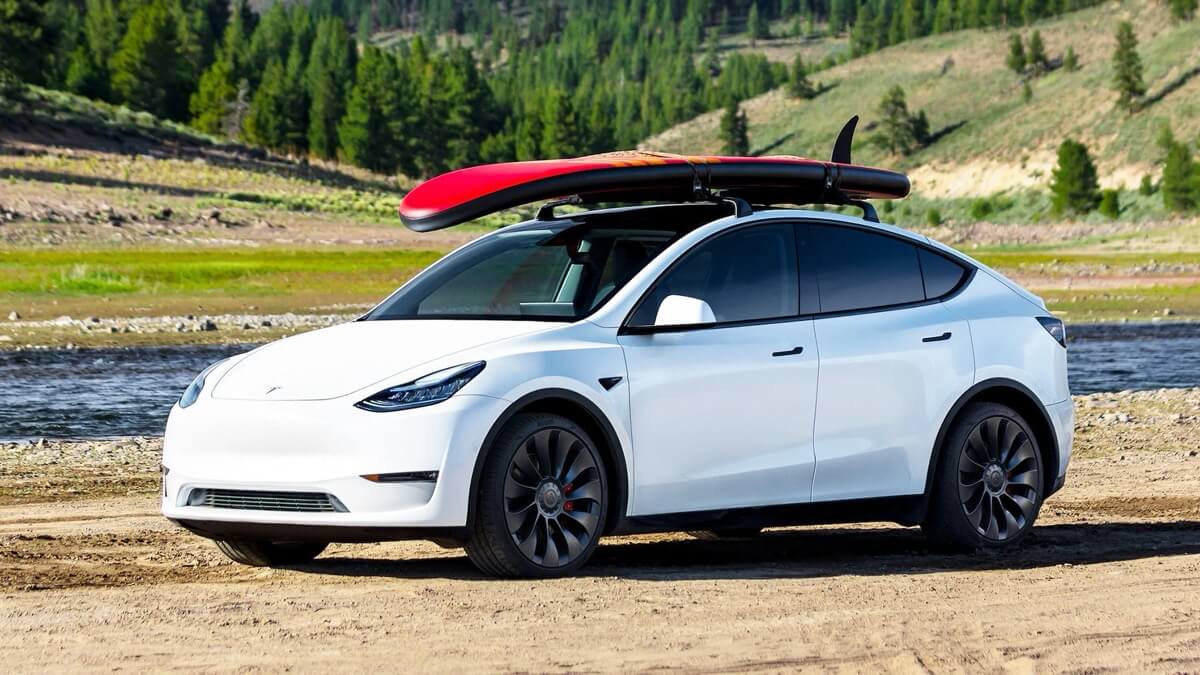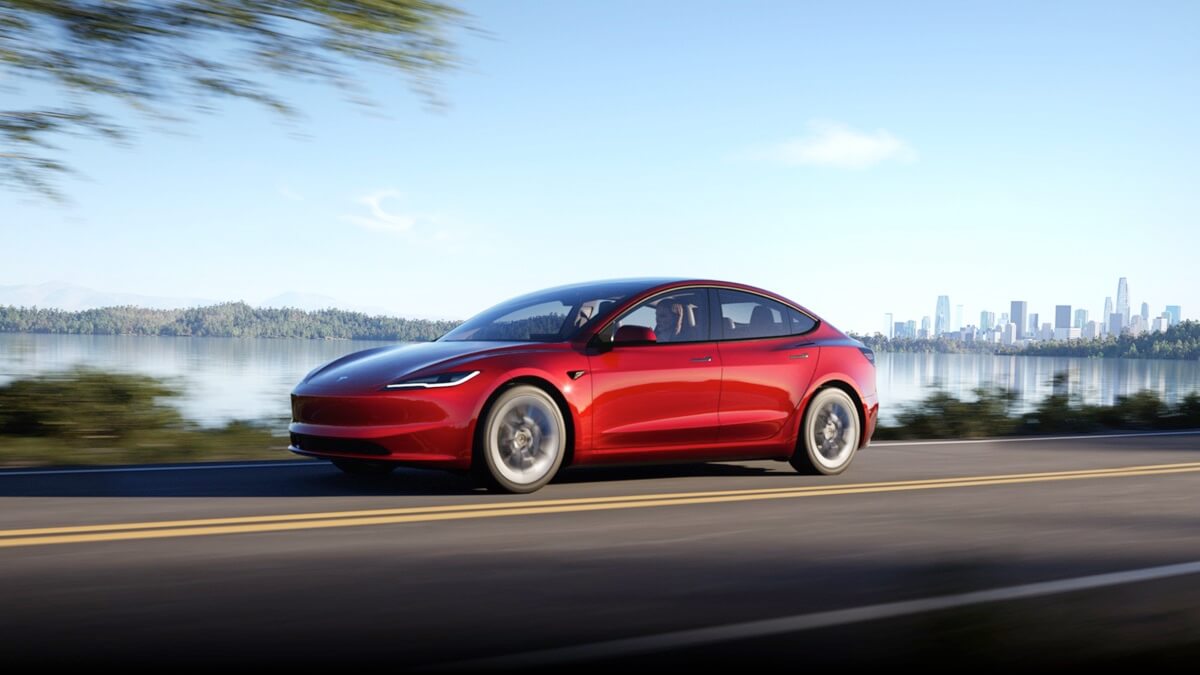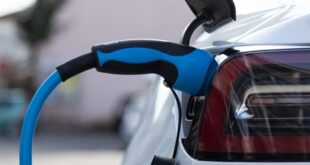This brand’s loyalty rate outpaces competitors like Lexus and Toyota.
Electric vehicles (EVs) are zooming into the future, and Tesla is leading the charge with an impressive brand loyalty rate. According to a recent Bloomberg Intelligence survey, a whopping 87% of Tesla drivers in the U.S. say they would buy another Tesla, outpacing other popular brands like Lexus and Toyota, which have loyalty rates of 68% and 54%, respectively.
The survey, which interviewed 1,000 adults planning to purchase or lease a brand-new car within the next year, reveals a clear trend: EV adoption is on the rise. The study reflects a nationally representative sample in terms of geography and gender, providing a comprehensive look at consumer preferences.
Not only does Tesla hold a strong position in retaining customers, it’s also attracting new ones. About 81% of prospective Tesla buyers drive non-Tesla EVs, indicating a significant shift toward the brand. This influx of new customers from competing brands underscores Tesla’s growing influence in the EV market.

In addition, the survey found that 42% of respondents are considering a battery electric vehicle (BEV) for their next car purchase, and 23% are looking at hybrid EVs. These numbers are significant compared to the current market penetration, which stands at 7% for hybrid EVs.
The trend towards electric power doesn’t seem to be slowing down. Bloomberg predicts BEV penetration in the U.S. could reach 25% by 2030. This surge is driven by a growing recognition of the benefits of EVs, such as lower running costs and reduced environmental impact, despite challenges like charging infrastructure and affordability.
The loyalty to electric power is particularly strong among current BEV owners. A striking 93% of them plan to stick with electric for their next vehicle, compared to just 34% of gasoline car owners considering switching to electric. This “fuel-type stickiness” suggests a stable future for EV growth, as current owners are likely to continue enjoying the advantages of electric mobility.

However, the road ahead isn’t without its bumps. Steve Man, global lead director for auto & industrial market research at Bloomberg Intelligence, highlighted that while Tesla, GM, and Stellantis’ introduction of more affordable EV models by 2026 could bring more buyers into the fold, the market still faces significant challenges. Chief among these are concerns about charging network adequacy, range anxiety, and the inconvenience of extended charging times, which remain major deterrents for potential EV buyers.
Despite these challenges, the shift towards EVs is gaining momentum, driven by strong brand loyalty, an influx of new models, and a growing appreciation of their benefits. As the industry continues to evolve, it seems more drivers are getting ready to go electric, signaling a significant shift in how Americans think about their cars and their environmental impact.








